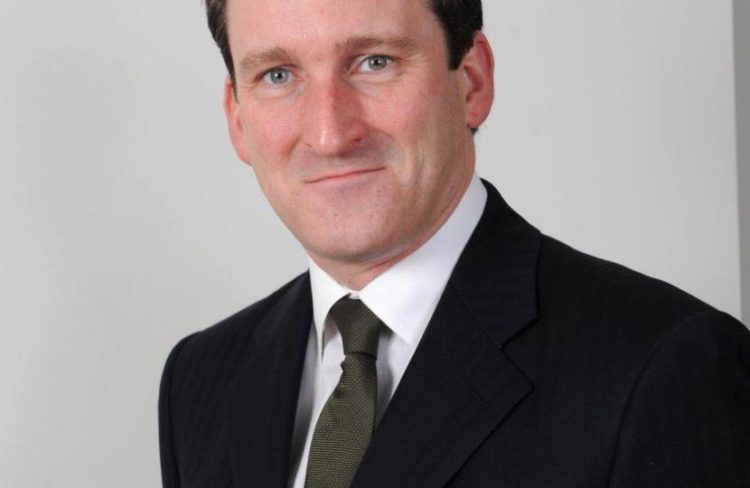By Gavin Mackintosh
A coalition of businesses and charities will be asked to help boost school readiness among young children by encouraging their parents to read and learn with them at home, the education secretary will announce today.
Damian Hinds will say that the government must address the “last taboo in education policy” – the home learning environment – if it is to tackle a lack of communication skills among reception pupils.
Hinds has set a new ambition to halve the number of children starting school without the right speaking and and reading skills by 2021. His latest results for the early years foundation stage profile shows that 28 per cent of four and five-year-olds did not meet the expected level of language and communication by the end of reception in 2017. Hinds reveal today that he wants to see that cut to 14 per cent in ten years.
I know it’s parents who bring up their children, who love them, who invest in them in so many ways, who want the best for their children. But that doesn’t mean extra support and advice can’t be helpful
In a speech to the Resolution Foundation think tank, billed as his first major intervention on social mobility, Hinds highlighted his plans to have a coalition of “businesses, charities, tech companies and media groups” provide support and advice for parents “to read and learn words with their children”.
The new coalition, led by founder members the National Literacy Trust and Public Health England is set to hold a summit later this year to come up with “practical ideas that boost parents’ confidence with supporting their child’s language and literacy from an early age”.
The summit aims to look at simple solutions for busy parents to help their children with language and communication skills, including through awareness-raising campaigns and the use of technology. However, no new funding for the project has been announced.
“It is a persistent scandal that we have children starting school not able to communicate in full sentences, not able to read simple words,” Hinds is expected to say.
“This matters – because when you’re behind from the start you rarely catch up, your peers don’t wait, the gap just widens. This has a huge impact on social mobility.
“And the truth is that the vast majority of these children’s time is at home. Yes, the home learning environment can be, understandably, the last taboo in education policy – but we can’t afford to ignore it when it comes to social mobility.”
“I know it’s parents who bring up their children, who love them, who invest in them in so many ways, who want the best for their children. But that doesn’t mean extra support and advice can’t be helpful.
“I particularly want us to be harnessing the power of technology. Whilst there are legitimate worries about screen time, media and modern technology can also help to raise awareness and build parents’ confidence around what they can do to help their child’s early language development.”
Hinds has repetitively praised the improved standard of primary and secondary education in the Uk in the past couple of years due to higher exam standards that have inevitably demanded more skilled teaching and focus. And the Education Secretary has recently injected more money into schools to enhance learning, this occurring almost simultaneously with an announced pay rise for teachers.
”Thanks to the hard work of our teachers and to our reforms –1.9 million more children are now being taught in Good or Outstanding schools than there were eight years ago. That’s 88% of children, up from 66% in 2010.
The Pupil Premium has made sure there is more support for those children who come from a less affluent background. And, importantly, we’re making sure that those interventions can be based on good evidence – through the independent Education Endowment Foundation.
Whereas once we measured a school’s performance by its A-C pupils in five subjects – now, through progress 8, everyone’s progress counts towards the key measure. This stops a disproportionate focus on the C/D borderline, to the detriment of others at both ends of the scale.
The number of 19 year olds without GCSEs in maths and English is now at a record low.
And, critically, since 2010 the gap in early years development has fallen by 14%.
Since 2011, the attainment gap has narrowed by 10% amongst 11 year olds at key stage 2 and the same is true at GCSE level.
And we have more disadvantaged pupils going on to university than ever before”.

